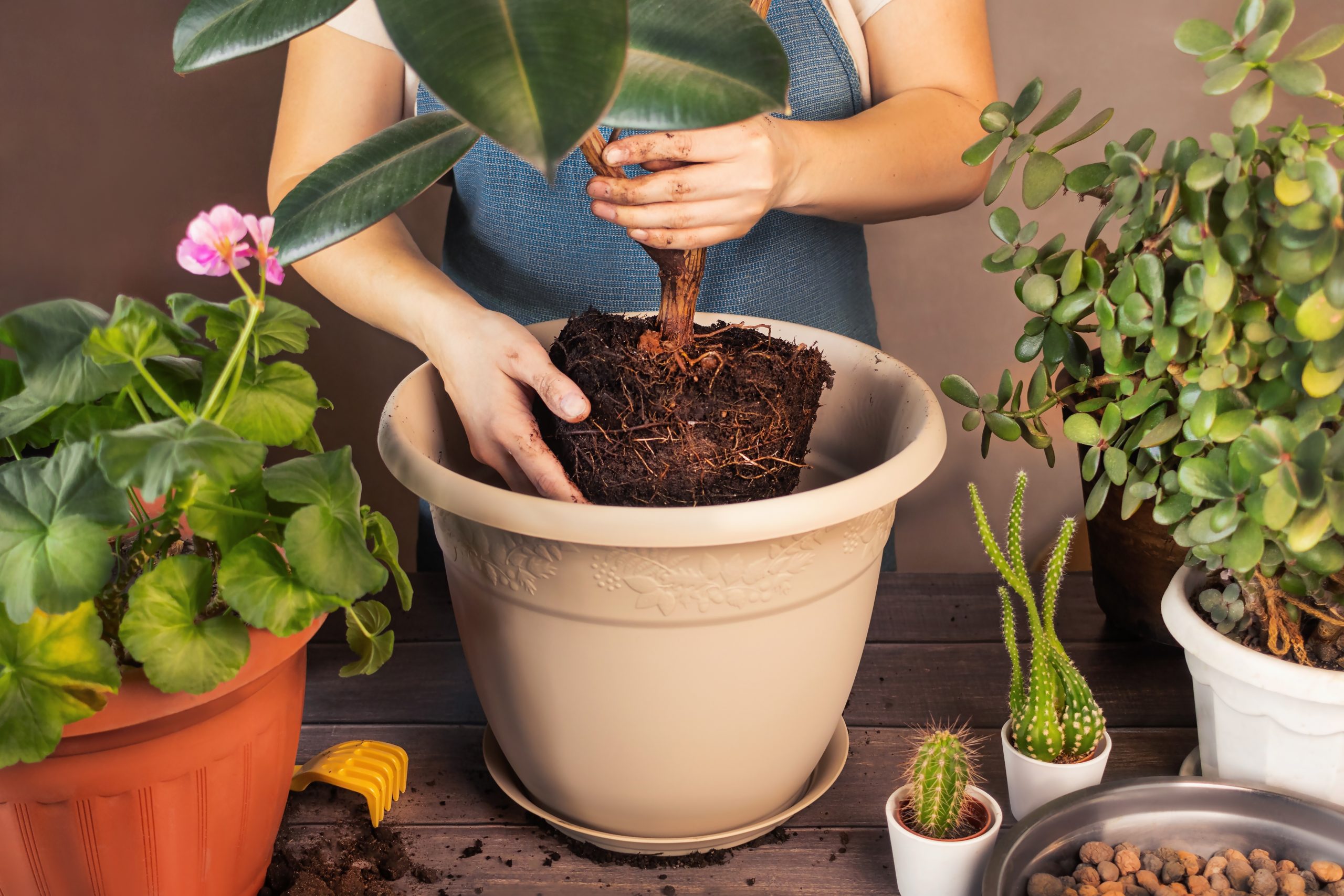Bringing plants into your home can add beauty, improve air quality, and enhance your overall well-being. However, for beginners, caring for indoor plants can seem daunting. Here are some essential tips and insights to help you successfully nurture your indoor garden.
1. Choose the Right Plants
Selecting the right plants for your home is the first step to successful indoor gardening. Some plants are more forgiving and easier to care for, making them ideal for beginners.
Tip: Start with low-maintenance plants such as pothos, snake plant, spider plant, or succulents. These plants are hardy, adaptable, and can thrive in various indoor conditions.
Insight: Consider the lighting conditions in your home. Some plants thrive in bright, indirect light, while others can tolerate low light. Match your plant selection to the natural light available in your space.
2. Understand Light Requirements
Light is a crucial factor for plant health. Understanding the light needs of your plants will help them grow strong and healthy.
Tip: Most indoor plants prefer bright, indirect light. Place them near windows with filtered sunlight. If your home lacks natural light, consider using grow lights to supplement.
Insight: Rotate your plants every few weeks to ensure all sides receive adequate light. This promotes even growth and prevents the plant from leaning towards the light source.
3. Watering Wisely
Overwatering is one of the most common mistakes beginners make. Knowing when and how to water your plants is essential.
Tip: Check the soil moisture before watering. Stick your finger about an inch into the soil; if it feels dry, it’s time to water. For succulents and cacti, wait until the soil is completely dry before watering.
Insight: Use pots with drainage holes to prevent water from accumulating at the bottom, which can lead to root rot. Empty the saucer under the pot after watering to avoid standing water.
4. Soil and Potting
The type of soil and pot you use can significantly affect your plant’s health. Proper potting ensures adequate drainage and nutrient availability.
Tip: Use well-draining soil mixes suitable for your specific plants. For example, cacti and succulents need a sandy, gritty mix, while tropical plants prefer a peat-based mix.
Insight: Repot your plants every 1-2 years to refresh the soil and give roots more room to grow. Choose a pot that is slightly larger than the current one and has drainage holes.
5. Humidity and Temperature
Indoor plants thrive in specific humidity and temperature ranges. Mimicking their natural environment can enhance their growth.
Tip: Most indoor plants prefer a humidity level of 40-60%. Use a humidifier, place a water tray near the plants, or group plants together to increase humidity.
Insight: Keep plants away from drafts, radiators, and air conditioning vents, as sudden temperature changes can stress them. Aim to maintain a consistent temperature suitable for your plants.
6. Fertilizing Your Plants
Fertilizing provides essential nutrients that support plant growth. However, it’s important to use the right type and amount of fertilizer.
Tip: Use a balanced, water-soluble fertilizer during the growing season (spring and summer). Follow the package instructions to avoid over-fertilizing, which can harm your plants.
Insight: Reduce or stop fertilizing during the dormant period (fall and winter) when plant growth slows down. This prevents nutrient buildup in the soil.
7. Pruning and Cleaning
Regular pruning and cleaning keep your plants healthy and attractive. Removing dead or yellowing leaves promotes new growth.
Tip: Use clean, sharp scissors or pruning shears to trim dead or damaged leaves. Wipe the leaves with a damp cloth to remove dust, which can block light absorption.
Insight: Pruning can also help control the size and shape of your plants. For vining plants, trim back long stems to encourage bushier growth.
8. Pest Control
Indoor plants can sometimes attract pests like spider mites, aphids, and mealybugs. Early detection and treatment are crucial.
Tip: Inspect your plants regularly for signs of pests. If you find any, isolate the affected plant and treat it with insecticidal soap or neem oil.
Insight: Keeping your plants healthy is the best defense against pests. Proper watering, lighting, and humidity levels make plants less susceptible to infestations.
